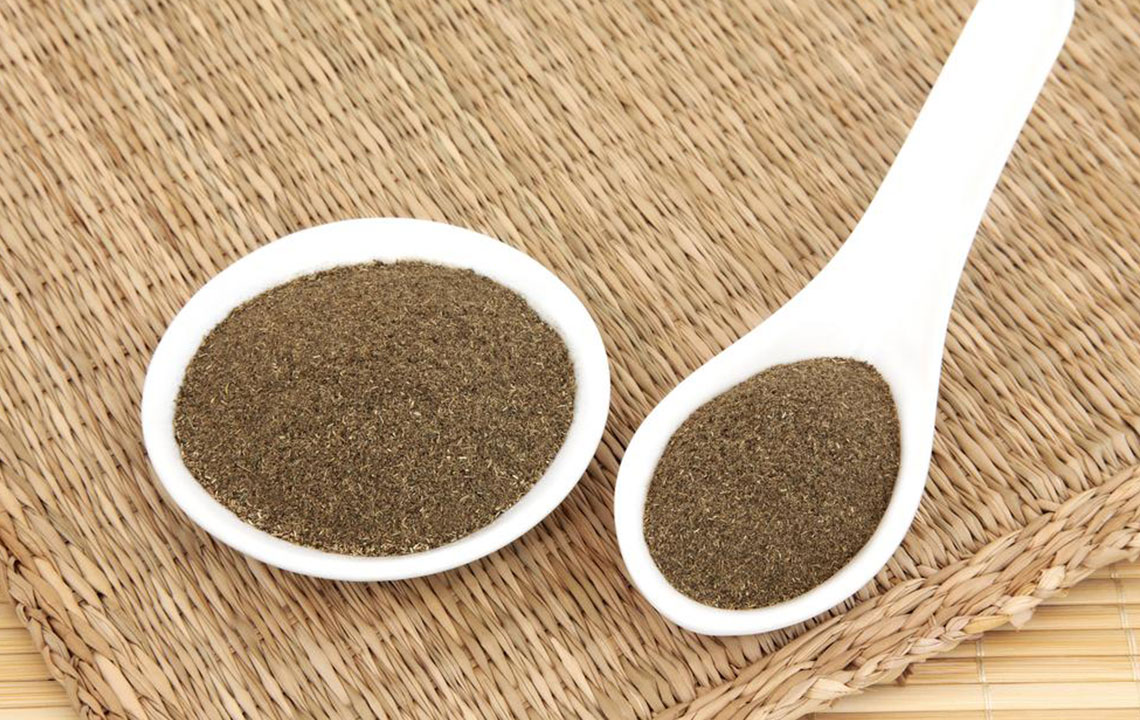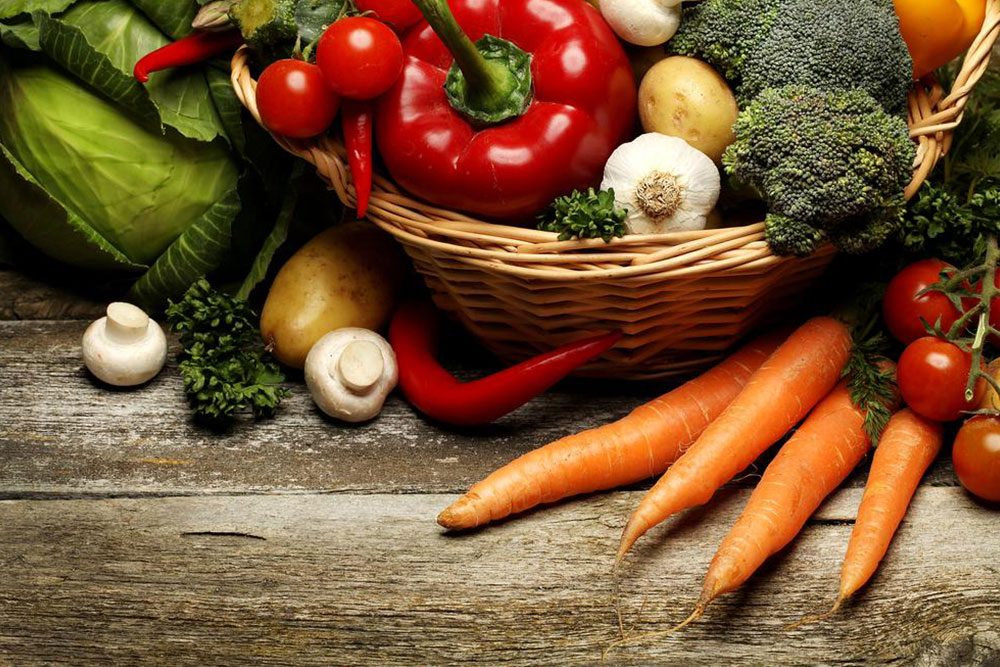Effective Natural Remedies to Relieve Stomach Gas and Bloating
This comprehensive guide explores natural remedies for stomach gas and bloating, emphasizing causes, symptoms, and practical home-based solutions. Discover effective dietary habits and lifestyle tips to promote digestive health and relieve discomfort naturally. Ideal for those seeking drug-free relief methods, the article provides actionable advice on managing gas, improving gut health, and preventing future issues. Perfect for anyone interested in holistic approaches to digestive wellness, it combines expert insights with simple, natural remedies for sustainable relief and a healthier gut.

Effective Natural Remedies to Relieve Stomach Gas and Bloating
Stomach gas, bloating, and related digestive discomforts are issues that many people face worldwide. These problems can stem from various dietary habits, lifestyle choices, and underlying digestive conditions. According to recent health studies, as many as 20% of adults report experiencing significant digestive disturbances, including gas pains and abdominal bloating. Fortunately, there are numerous natural and home-based remedies that can effectively help alleviate these uncomfortable symptoms. Understanding the causes, symptoms, and simple remedies can empower individuals to manage their digestive health better, improve quality of life, and reduce dependency on medications.
Understanding the Causes of Stomach Gas
To effectively address stomach gas and bloating, it’s important to recognize the common causes behind these issues. Several factors contribute to excessive gas production in the digestive system, often linked to dietary habits and lifestyle choices. Here, we explore some of the primary causes:
Consuming spicy foods frequently, which can irritate the stomach lining and promote gas formation
Swallowing excess air during meals or while talking, especially if eating quickly or hurriedly
Chronic stress and anxiety, which can affect gut motility and digestion
High alcohol intake, which can impair digestion and disrupt gut flora balance
Gut infections, such as bacterial or parasitic infections, leading to discomfort and bloating
Poor digestion due to certain food sensitivities or intolerances, like gluten or lactose intolerance
Smoking and tobacco use, which can increase swallowed air and irritate the digestive tract
Overeating or irregular meal patterns, leading to excessive fermentation in the gut
Frequent consumption of chewing gum or candies, introducing extra air into the system
Digestive disorders like irritable bowel syndrome (IBS) or constipations
Regular use of laxatives, which can disrupt normal gut function
High intake of soluble fiber-rich foods, which may cause gas in sensitive individuals
Gas-producing vegetables such as broccoli, cabbage, onions, and fruits like apples and pears
The consumption of processed foods such as baked beans and canned vegetables
Gluten sensitivities, which can lead to gastrointestinal symptoms
High intake of refined sugars, contributing to dysbiosis and fermentation
Carbonated beverages, which introduce gas directly into the stomach
Eating quickly or at irregular times, disrupting digestive harmony
Recognizing Symptoms of Gas and Bloating
Being able to identify the symptoms associated with excessive stomach gas is crucial in seeking timely relief and preventing complications. Typical signs include:
Persistent and severe abdominal pain, often accompanied by a sensation of heaviness
Chest discomfort or pressure caused by gas buildup in the upper digestive tract
Cramping sensations in the stomach and intestines
Excessive flatulence and abdominal bloating that makes the stomach feel distended
Sudden cramps in either the upper or lower abdomen
Persistent hiccups, dry mouth, and a feeling of fullness
Bad breath (halitosis) and frequent belching which may release trapped gas
Loss of appetite or feelings of nausea
Natural Home Remedies for Rapid Relief from Gas
Fortunately, numerous natural remedies found in your kitchen or pantry can provide quick and effective relief from gas and bloating. These remedies are easy to incorporate into daily routines and can significantly improve digestive comfort:
Warm water: Drinking warm water stimulates digestion and helps release trapped gas, easing discomfort and preventing constipation.
Peppermint tea: Known for its antispasmodic properties, peppermint tea relaxes intestinal muscles, reducing gas pains and bloating naturally.
Probiotic-rich foods: Incorporating yogurt and other fermented foods daily can introduce beneficial bacteria into the gut, improving digestion and reducing gas formation.
Ginger: Consuming fresh ginger slices or ginger tea can alleviate inflammation, improve gut motility, and quickly reduce gas buildup.
Lemon: Its antibacterial and anti-inflammatory properties can help combat infections and alleviate digestive upset when consumed regularly as a drink or in food.
Ripe papaya: Rich in enzymes like papain, papaya supports digestion and reduces gas when eaten as part of a daily diet.
Garlic: Adding raw garlic to meals or drinking garlic-infused water with cumin and black pepper can promote digestion and offer rapid relief from trapped gas.
Beyond diet, maintaining a healthy lifestyle plays a vital role. Managing stress levels, staying well-hydrated, engaging in regular physical activity, and avoiding known triggers such as alcohol, smoking, or foods that cause allergies can prevent the recurrence of gas pains. Adopting these natural remedies and lifestyle habits can foster a healthier digestive system, minimize discomfort, and enhance overall well-being.





